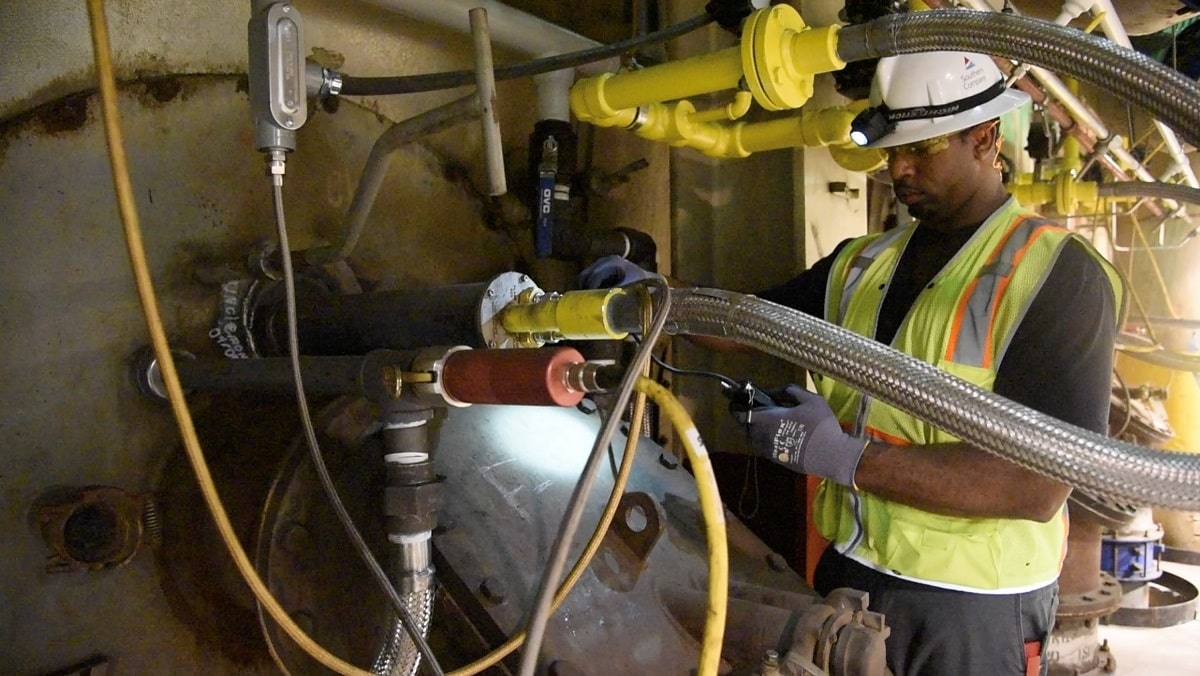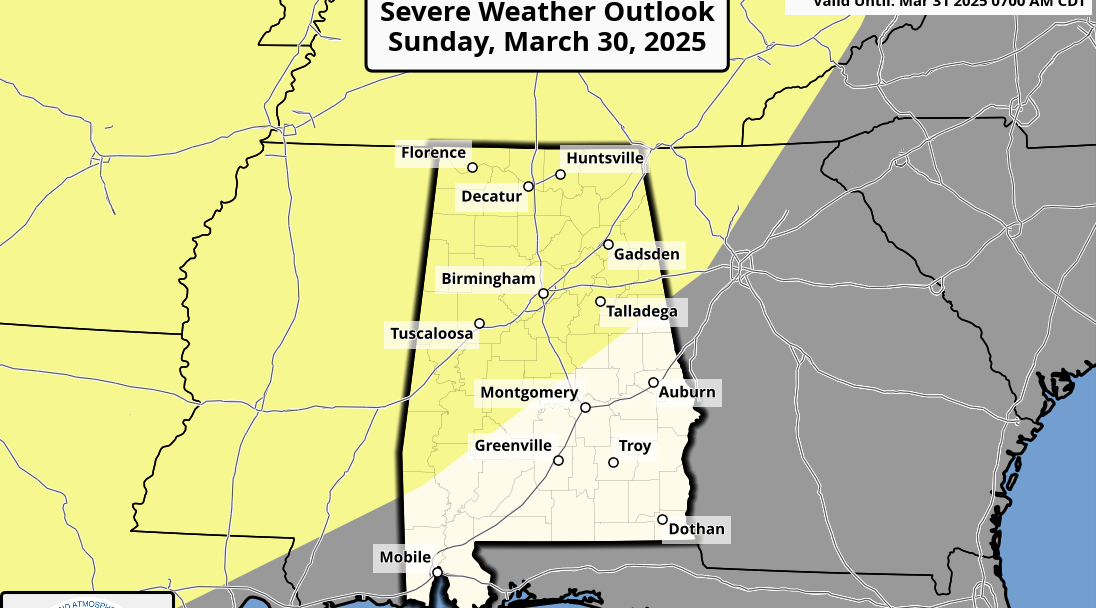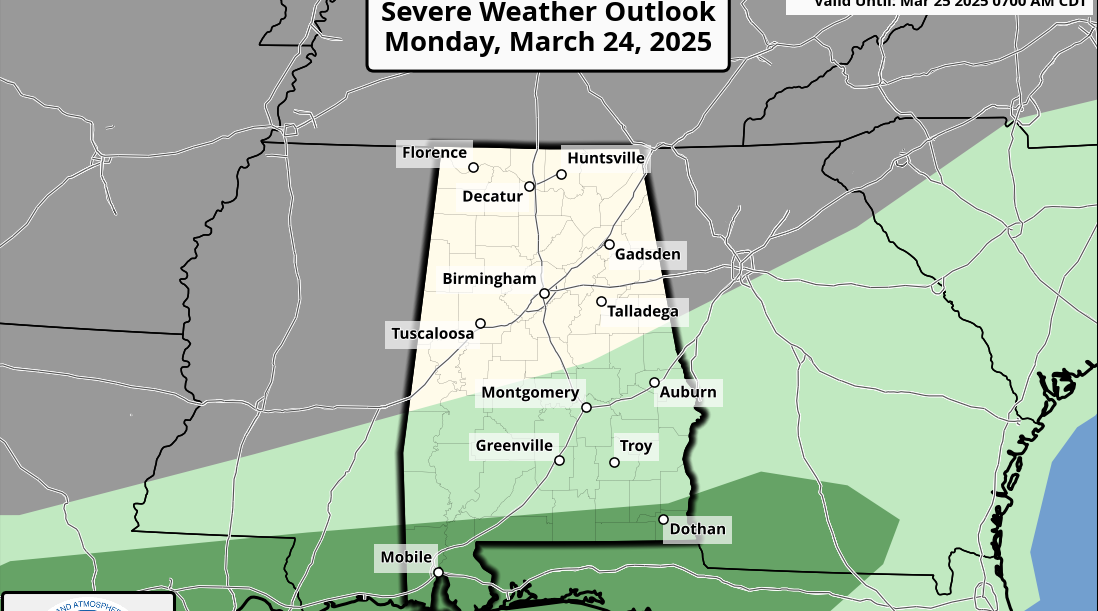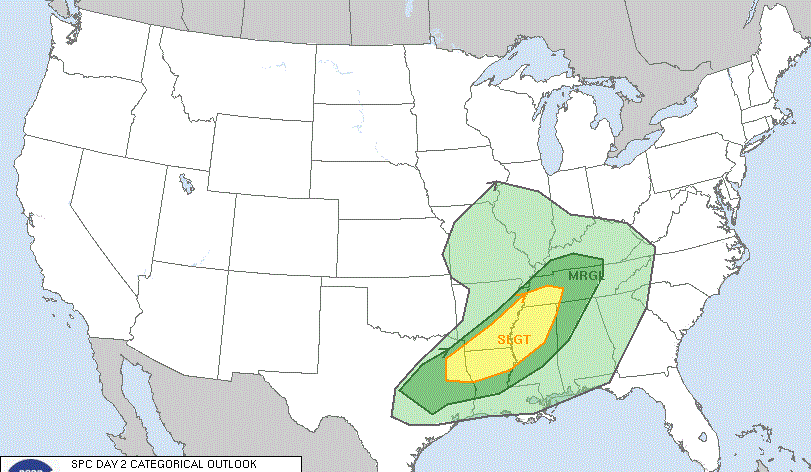Alabama Power Generation fleet ready for summer peak season

Titus Waldrop, electrical and instrumentation journeyman at Alabama Power's Plant Miller, is an important part of a big team working to keep the power on during peak season. (Brittany Faush/Alabama NewsCenter)
As the weather heats up, so does the work of Alabama Power’s Generation fleet.
The company started preparing months ago for its summer peak season and higher demand caused by rising temperatures.
That preparation includes planned outages on power-generating units ahead of summer. However, there’s nothing “down” about these times that are used to perform maintenance, repairs and other upgrades.
“These planned outages ensure units are ready to run safely and reliably during peak season,” said Bobby Williams, maintenance manager at Plant Miller, about 20 miles northwest of Birmingham and the largest coal-fired power plant in the state. “This is a huge effort and time requirement from our employees.”
During these outages, every department, from mechanical maintenance, electrical maintenance, instrument and control maintenance to operations and engineering, is tasked with getting the units ready for peak season, which starts in June and goes through August. A second winter peak season takes place in January and February.
Alabama Power operates 24 facilities in its coal, gas, nuclear and hydro fleet with a combined generating capacity greater than 12,000 megawatts. Williams said reliable generation is at the heart of the ability to serve customers, and harks back to the company’s hydroelectric generation roots.
“We are a generation company before anything else. This is the time of year when you really shine in a job that is among the most demanding in the company,” Williams said.
Effort and know-how keep the megawatts coming during Alabama Power’s summer peak from Alabama NewsCenter on Vimeo.
Peak season reliability is measured by equivalent forced outage rate (EFOR), which represents the percentage of time that units are forced offline during summer and winter peaks.
The year-to-date peak season EFOR for Alabama Power is 2.91 percent, among the best in the industry. In another measure of how well Alabama Power keeps the lights on throughout the year, its service reliability is 99.98 percent.
“During peak season our teams work very hard not to have outages, but when they do they work nights, weekends, 24/7, to get the units back online,” Williams said.
Alabama Power relies on a large team of dedicated employees to keep the plants running well, including Plant Miller’s Titus Waldrop, an electrical and instrumentation (E&I) journeyman.
In his role, Waldrop works with others to ensure smooth operations, but he does troubleshooting and makes repairs when issues do arise.
“A lot of people look up to Titus as a leader and as an excellent troubleshooter. They do a lot of preventative maintenance, but, when the issue is urgent, they work well as a team to identify the problem and repair it,” Williams said.
As with all work at Alabama Power, safety remains paramount.
“It’s important we use our tools to troubleshoot and make sure we are working safely,” Waldrop said.
Safety, especially during busy peak season and planned outages, extends beyond equipment and guidelines.
“You have to be well-rested and have your mind focused on your role,” Waldrop said. “During an outage, you might work six days a week and 10 hours a day or longer. If you don’t have your mind on safety, it could affect the entire team.”
Waldrop attended a computer technician program at Bevill State Community College and recommends students consider power generation as a career.
“It’s a great field at Southern Company, and it can even take you to other opportunities. We’re always going to have electricity around. There may be different ways to generate electricity, but there will always be a need for it,” Waldrop said.
Waldrop started with the company 12 years ago at Smith Lake before coming to Plant Miller as an assistant plant operator. He was then an E&I apprentice and ultimately a journeyman. He lives in his hometown of Jasper with his wife and three children.
“My family is what keeps me going. I wake up every day wanting to go to work and make a living, to be safe and come home to them,” Waldrop said. “I want to teach my kids how to work safely and live a prosperous life.”










